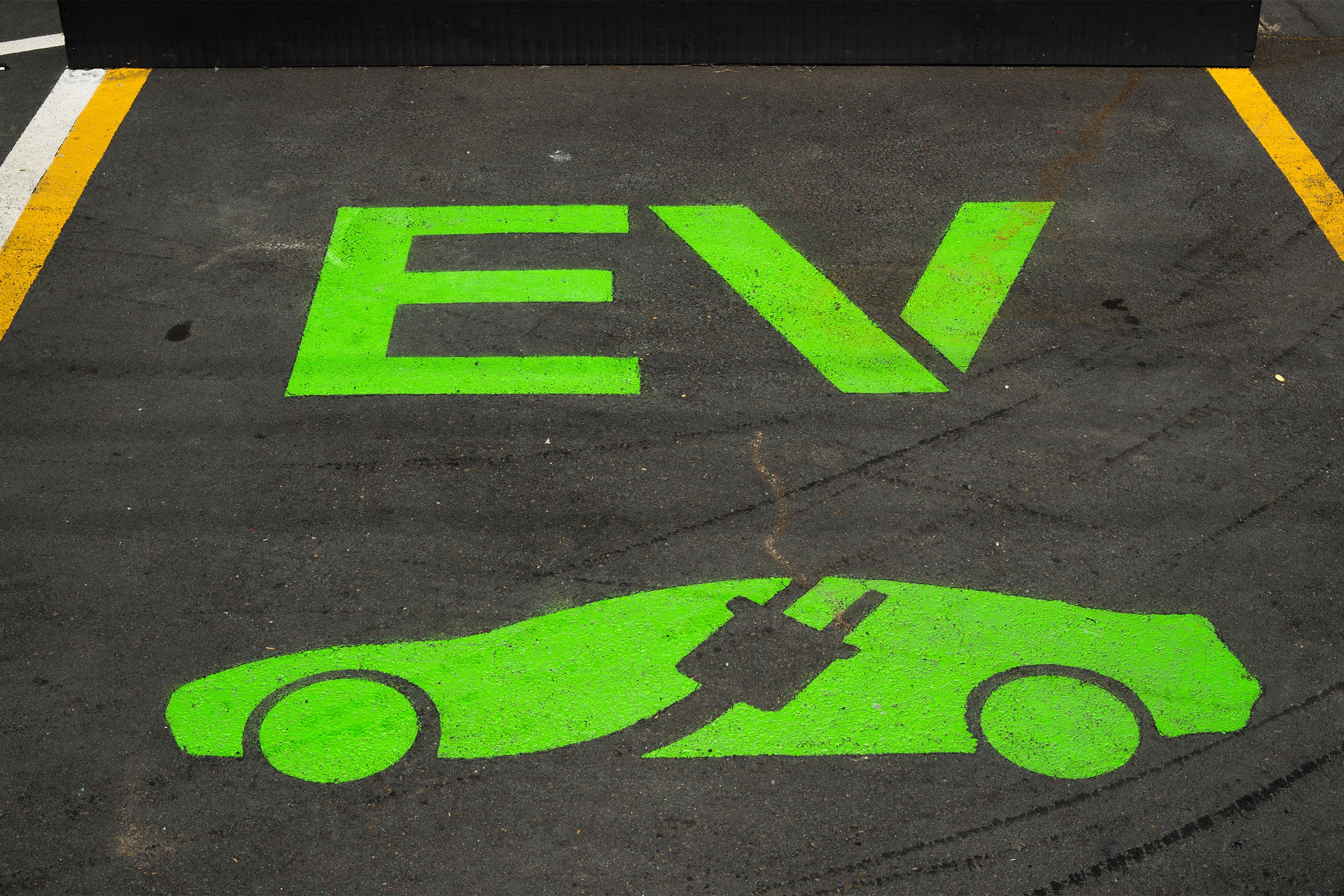Subsidies offered by the federal government for the purchase of new electric vehicles (EVs) may actually increase total greenhouse gas emissions without similar aid for secondhand buyers, concludes a new study led by Ashley Nunes, Ph.D., a fellow at Harvard Law School’s Labor and Worklife Program. Nunes says that is because many buyers of new EVs — usually more affluent households — don’t use them as their primary vehicle nor keep them for very long, making miles driven by the car’s subsequent owners necessary to attaining an overall reduction in emissions.
“Our study shows that electric vehicle subsidies disadvantage poor households in the U.S., who tend to be the purchasers of used cars and are largely responsible for delivering an EV’s emissions benefits. Achieving ‘rebate equity,’ along with emissions reductions, requires the political establishment to rethink electric vehicle subsidy design,” says Nunes.
As many American consumers seek to reduce their environmental impact, sales of electric vehicles have surged over the past few years, fueled in part by federal subsidies of up to $7,500 for the purchase of a new EV.
But Nunes’ study suggests that foregoing gasoline in favor of volts may actually increase, not lower, overall emissions in some cases. This is because many EVs are purchased by wealthier households as secondary cars — which are typically driven fewer miles than a primary vehicle, and are kept for fewer years. And because the manufacture of any car — electric and gas-powered alike — produces a set amount of emissions, the study showed that electric vehicles must, when used as second cars, remain in service longer to deliver an overall environmental benefit.
By subsidizing richer households and not secondhand buyers, we are rewarding those who aren’t always helping to reach emissions targets, while ignoring those who actually do. It’s a situation that is both unfair and detrimental to our climate goals.
Ashley Nunes
However, Nunes says there is still a chance for EVs to make an impact, because they can be purchased by those in the used car market, buyers who tend to have less wealth but keep their cars longer.
“What this means is that poorer households are the ones who, by driving more miles for more years, are actually responsible for the emissions reductions we are trying to achieve through the shift to electric vehicles,” he says.
Problematically, though, the federal government offers no incentives for used electric vehicle purchases, Nunes says.
“By subsidizing richer households and not secondhand buyers, we are rewarding those who aren’t always helping to reach emissions targets, while ignoring those who actually do. It’s a situation that is both unfair and detrimental to our climate goals.”
Nunes says his research suggests that the federal government should partially redirect existing subsidies to the purchase of used EVs. Alternatively, it could take a more targeted approach, by rewarding utilization through subsidizing charging costs or vehicle maintenance fees.
“It’s poorer households that are likely to ensure that EVs are in service long enough to reduce emissions,” says Nunes. “We should make sure that our economic incentives not only reflect that – but reward it.”
“Households who purchase and own vehicles for a long period of time, use their vehicles frequently, and would be in the market for a vehicle regardless of EVs’ availability would — our work suggests — be the best targets to produce environmental benefits from EVs,” echoes Lucas Woodley, a junior at Harvard College and one of the study’s co-authors. But because existing subsidies don’t account for those factors, “our findings emphasize the need for policy that incentivizes EV retention and utilization over mere procurement,” he says.
Woodley, who is concentrating in Economics with a secondary in Psychology, says his research interests center on understanding decision-making, and that he and Nunes dreamed up the study last summer after he completed one of Nunes’ courses on behavioral economics.
In addition to helping conceive of the study, “My role also involved formulating equations and developing the analytical tools for our study, as well as writing up many of the technical components of our paper,” he says. “As an undergraduate student, this project has been immensely rewarding. Dr. Nunes has been a wonderful mentor, and I am incredibly grateful for the many experiences and lessons he has taught me throughout my time working alongside him.”
The research was published in “Nature Sustainability,” and was co-authored by Woodley and Philip Rossetti, Nunes’ colleague at the R Street Institute.
